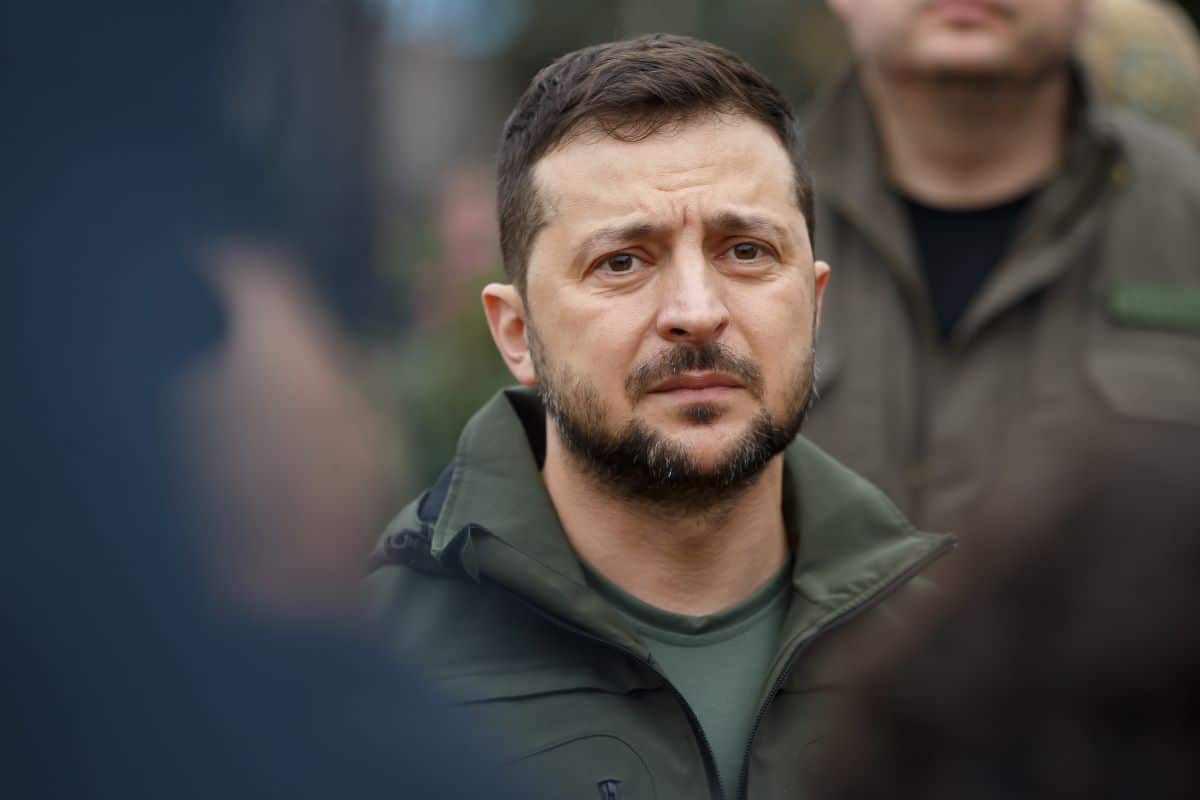A new poll reveals a stark divide between Ukrainian optimism and European scepticism on the outcome of the Russia-Ukraine war. Here’s the full story.
Negotiation Over Outright Victory
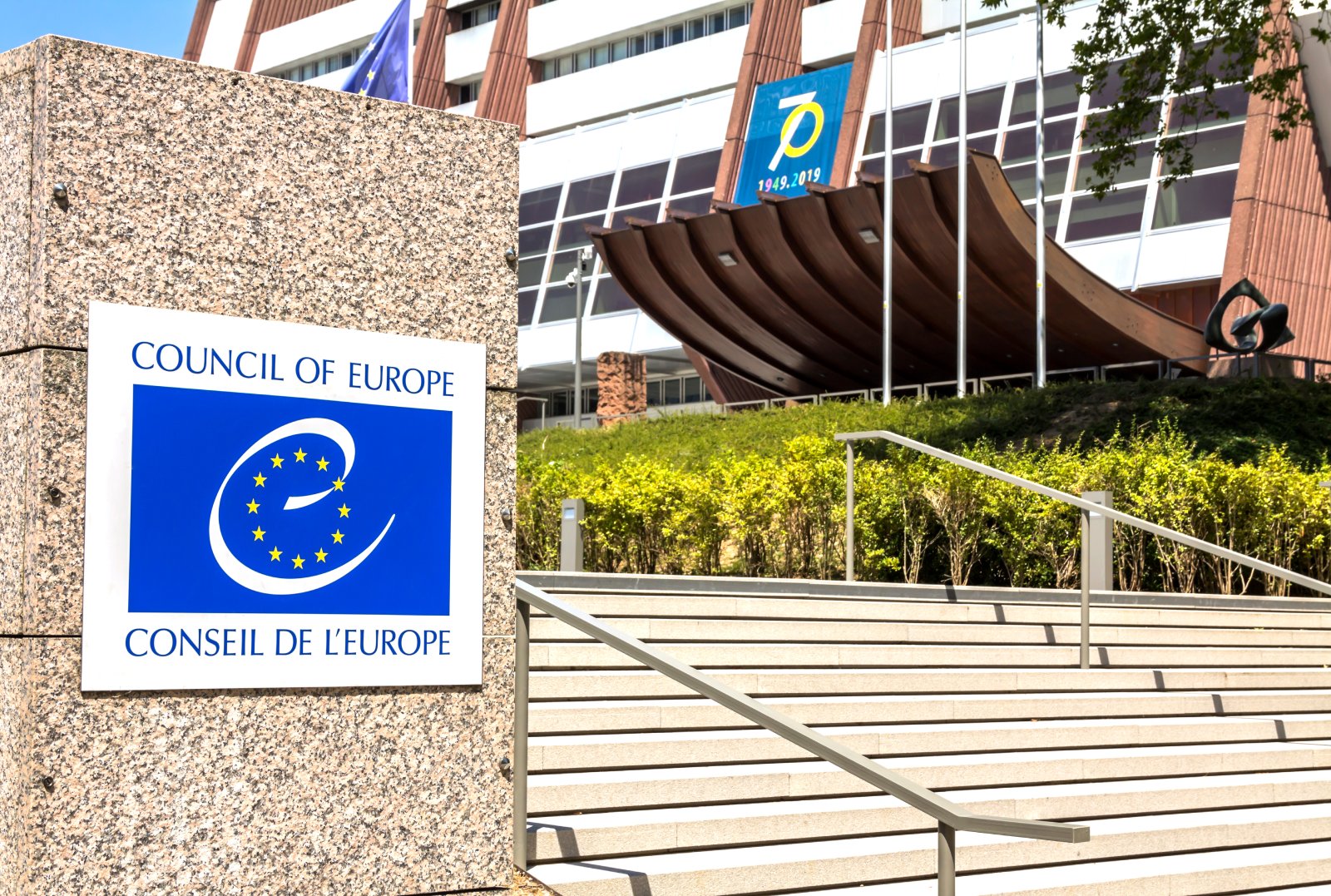
A recent European Council of Foreign Relations (ECFR) survey has revealed that while support for Ukraine remains robust across Europe, there is a prevailing belief that a negotiated outcome is more likely than an outright Ukrainian military victory.
Comprehensive Poll Conducted

The comprehensive poll, conducted in May 2024, spanned 15 countries, including the UK, and involved 19,566 respondents, giving an incredibly detailed understanding of European attitudes towards the ongoing conflict between Russia and Ukraine.
Ukrainian Optimism

In Ukraine, optimism about the war’s outcome remains high, with 58% of Ukrainians anticipating a military victory over Russia. This sentiment starkly contrasts the European outlook, where most respondents foresee a negotiated settlement as the most likely conclusion.
Strong Ukrainian Morale
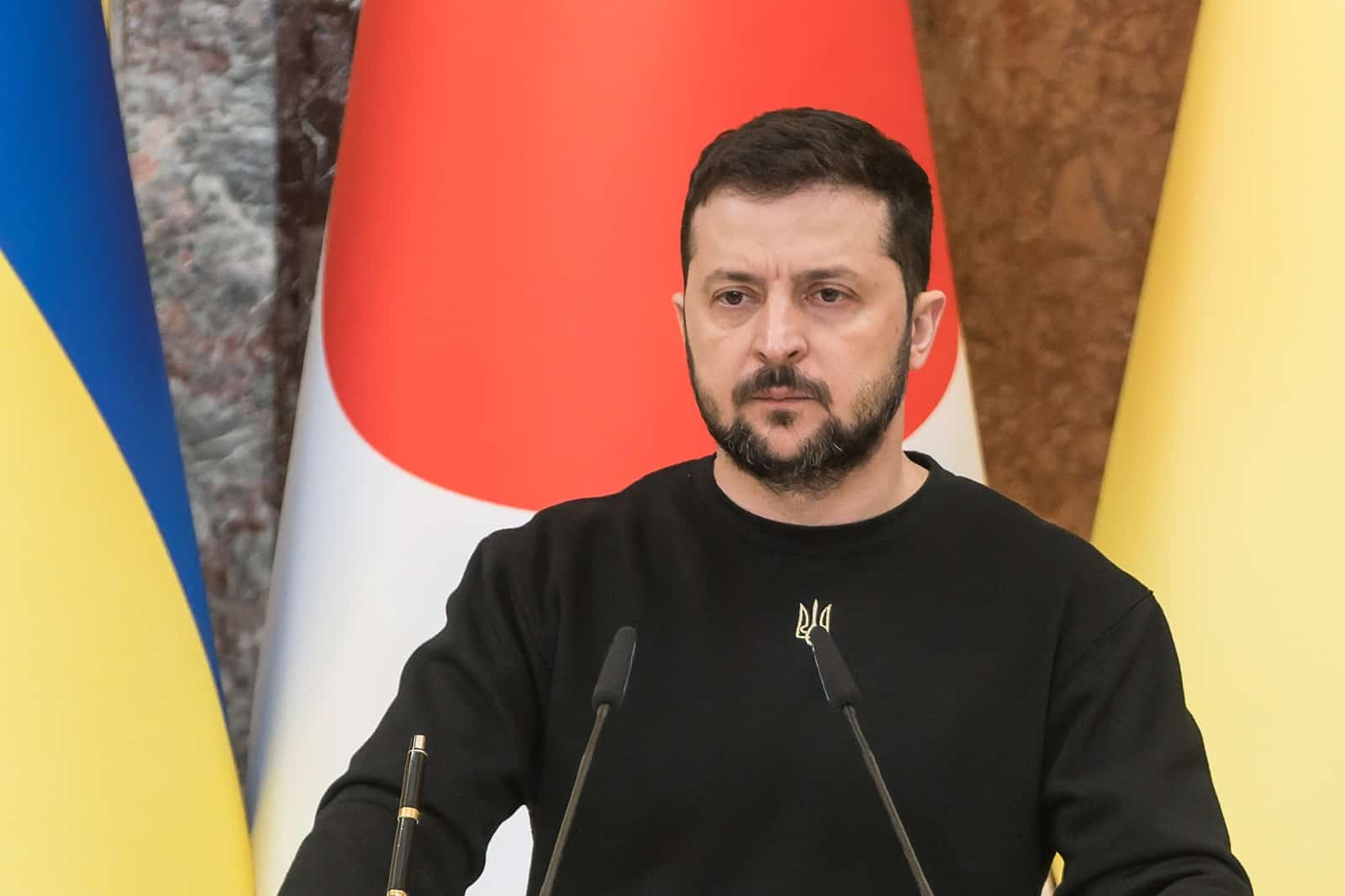
paparazzza
Despite the ongoing challenges, including battlefield setbacks, Ukrainian morale remains strong, bolstered by a steadfast belief in their leadership and national sovereignty. President Volodymyr Zelenskiy continues to enjoy significant trust, with 65% of Ukrainians expressing high confidence in him.
Estonian Belief in Victory
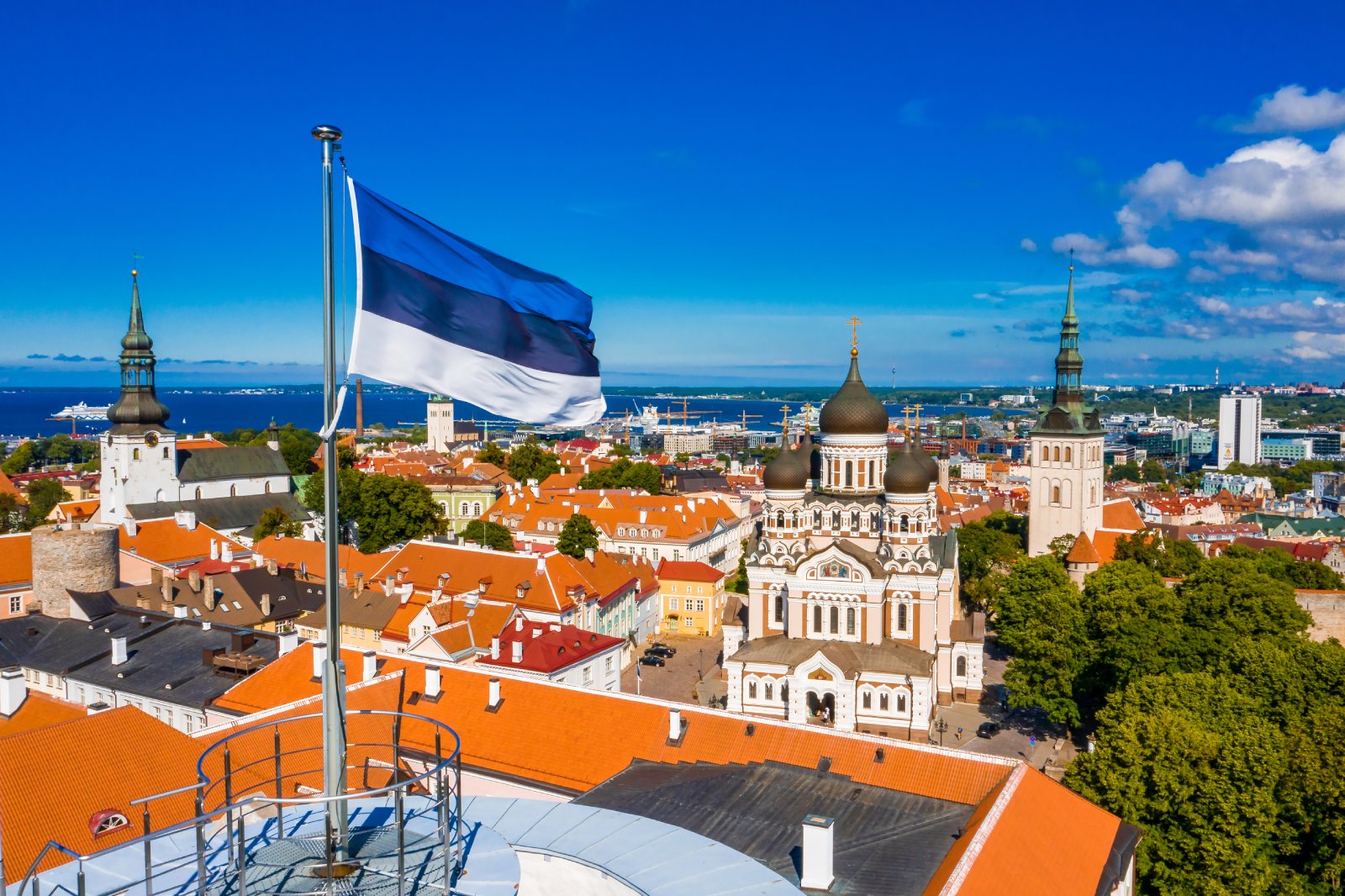
Across European countries surveyed, only in Estonia did a majority (38%) believe that Ukraine could achieve a military victory. The predominant view in other countries is that a negotiated settlement will eventually bring the conflict to a close.
Pragmatic Military Aid
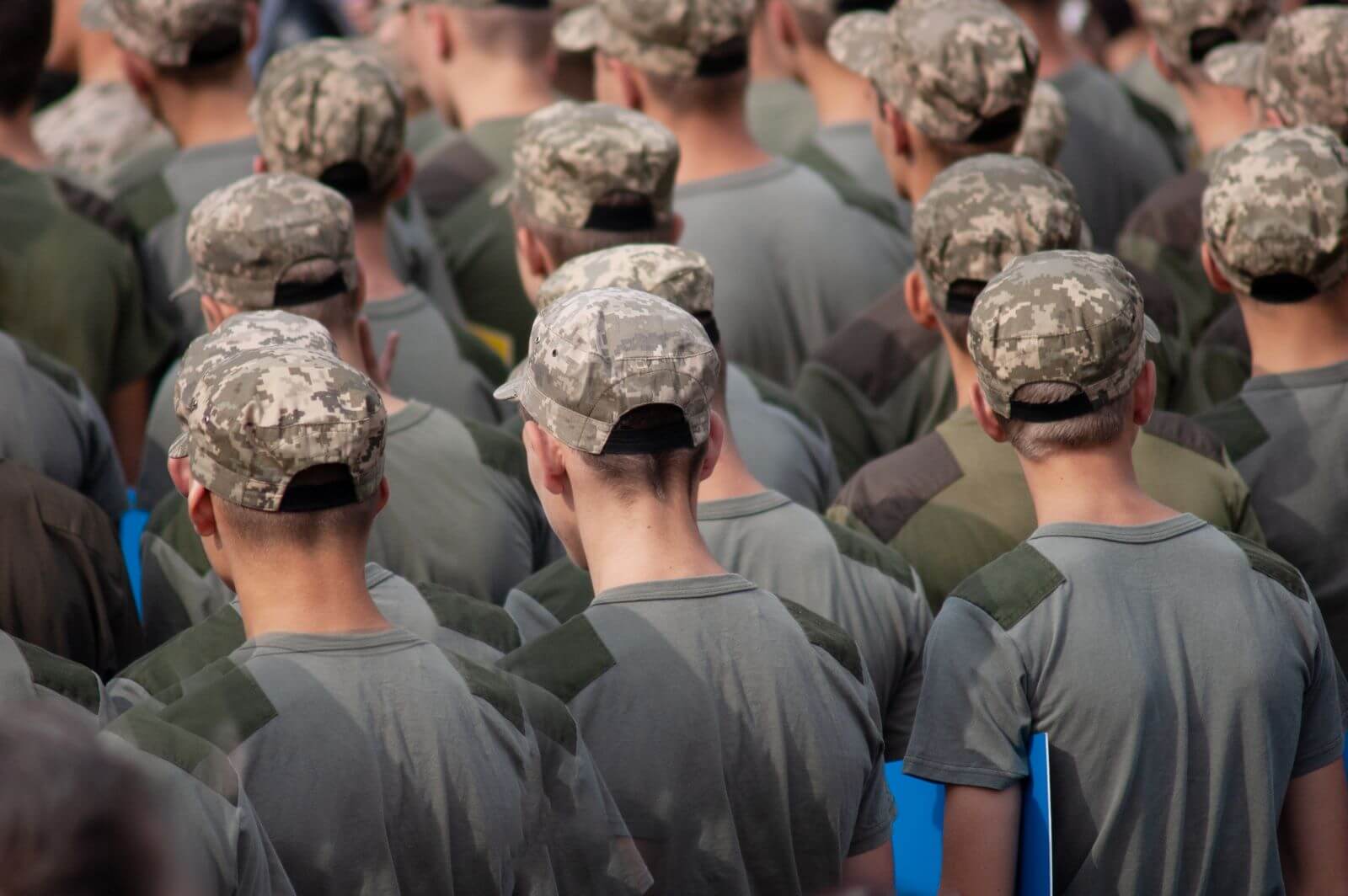
This scepticism is coupled with a pragmatic approach to military aid, where the primary goal of arming Ukraine is seen as strengthening its negotiating position rather than securing an outright victory on the battlefield.
Varied Support for Aid
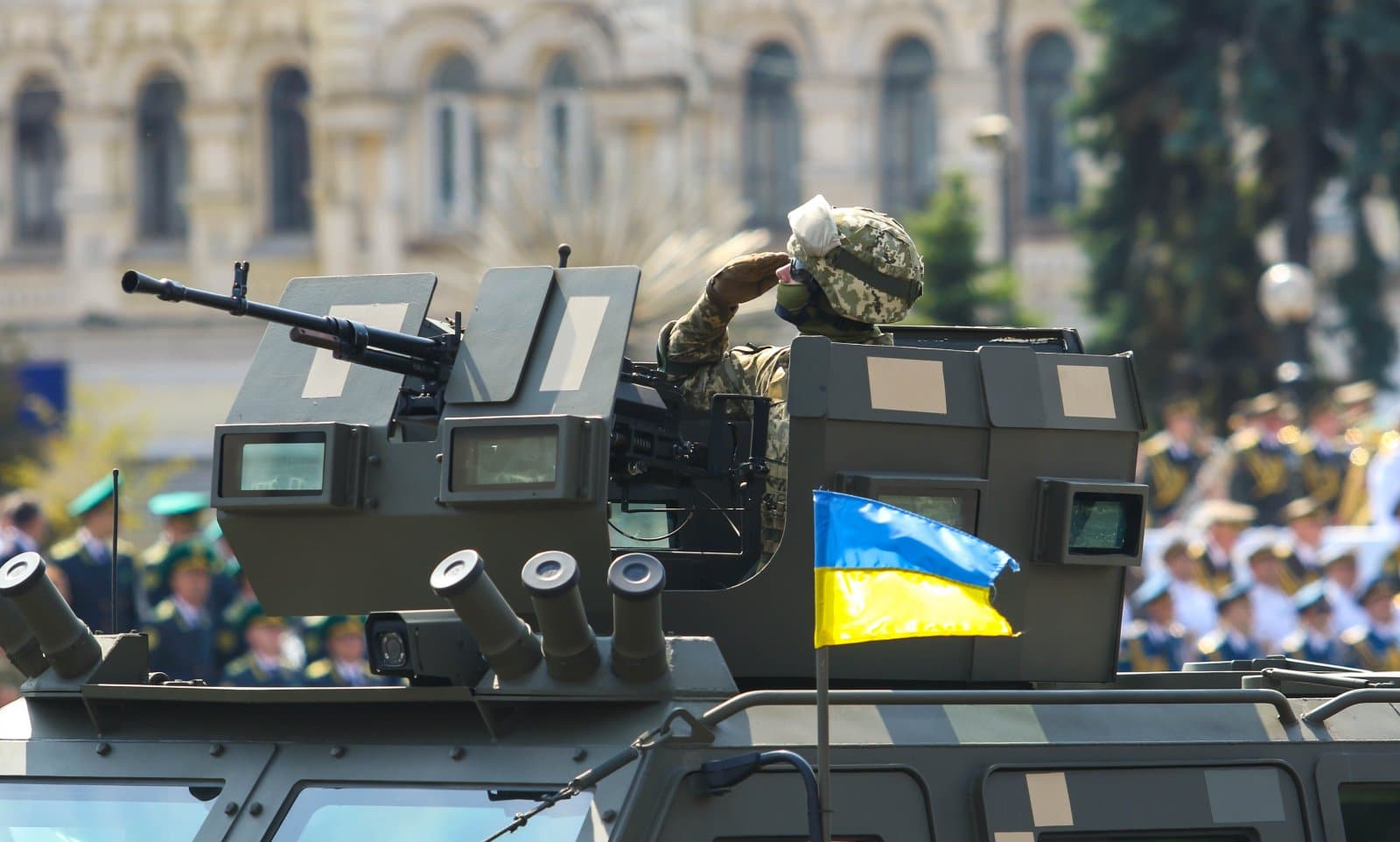
Support for increasing military aid to Ukraine varies significantly across Europe. Countries like Sweden, Poland, and the United Kingdom exhibit strong backing for providing more weapons to Ukraine, aligning with their hawkish stance on the conflict.
Opposition to Escalation
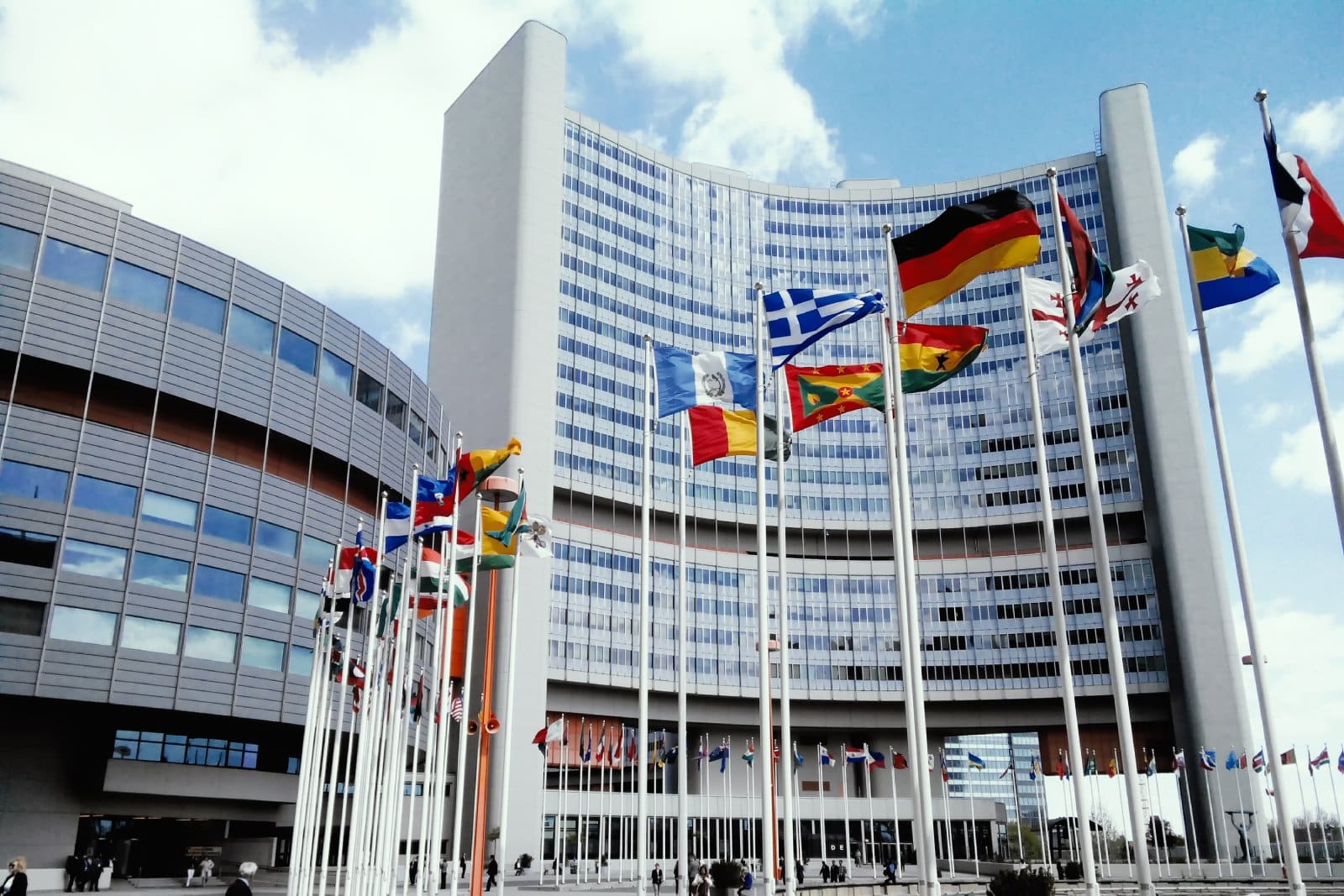
Conversely, nations such as Italy, Greece, and Bulgaria oppose this idea, reflecting a more cautious approach towards military escalation. Italy, in particular, is the least supportive among major European powers.
UK Overwhelmingly Reliable Ally
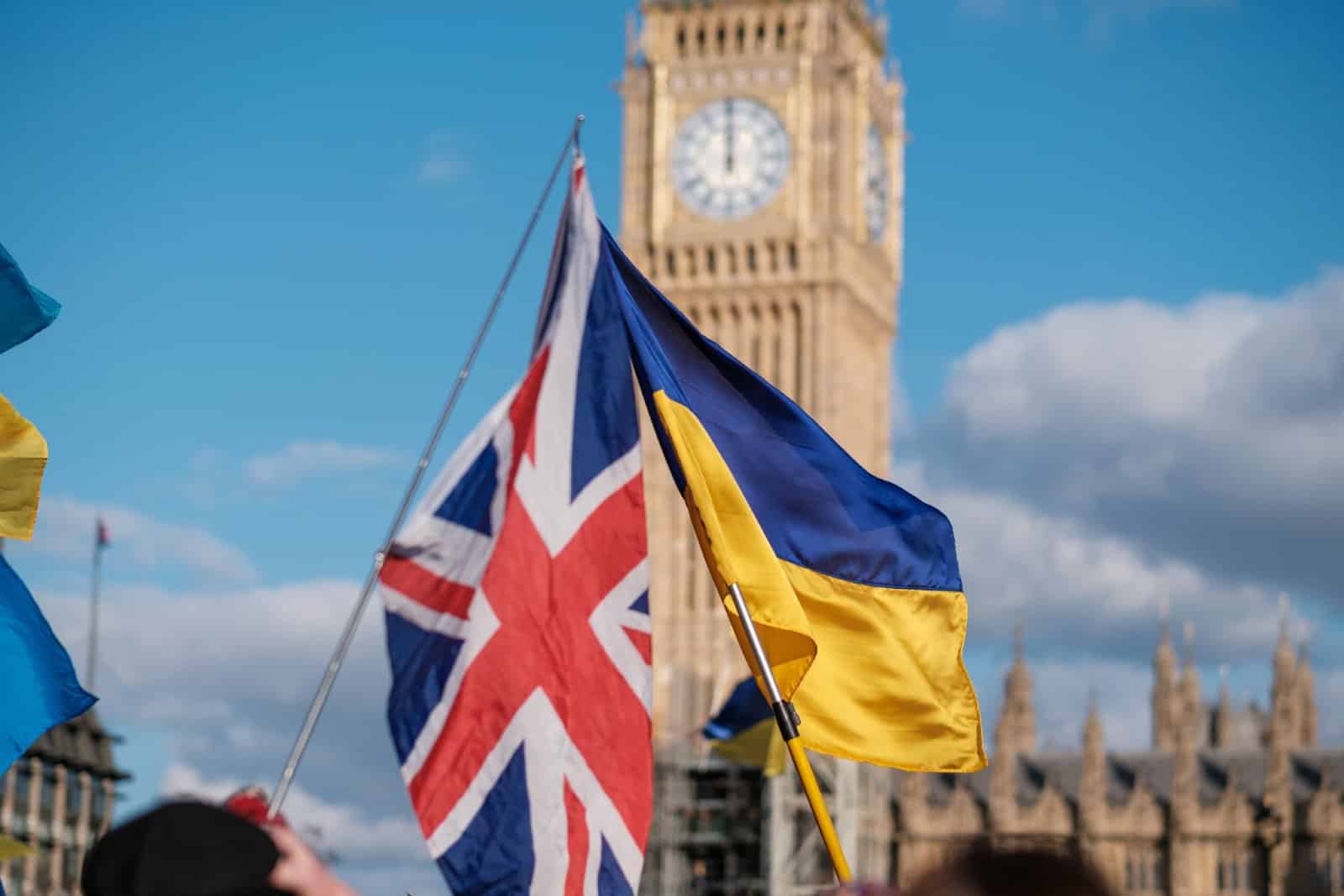
Interestingly, Ukrainians overwhelmingly view the United Kingdom as their most reliable ally in the ongoing conflict with Russia, with 88% of respondents in the recent ECFR survey indicating that they consider British support to be “very or mostly reliable.” This high level of confidence underscores the significant role the UK has played in providing military aid and diplomatic backing to Ukraine.
EU’s Positive Role
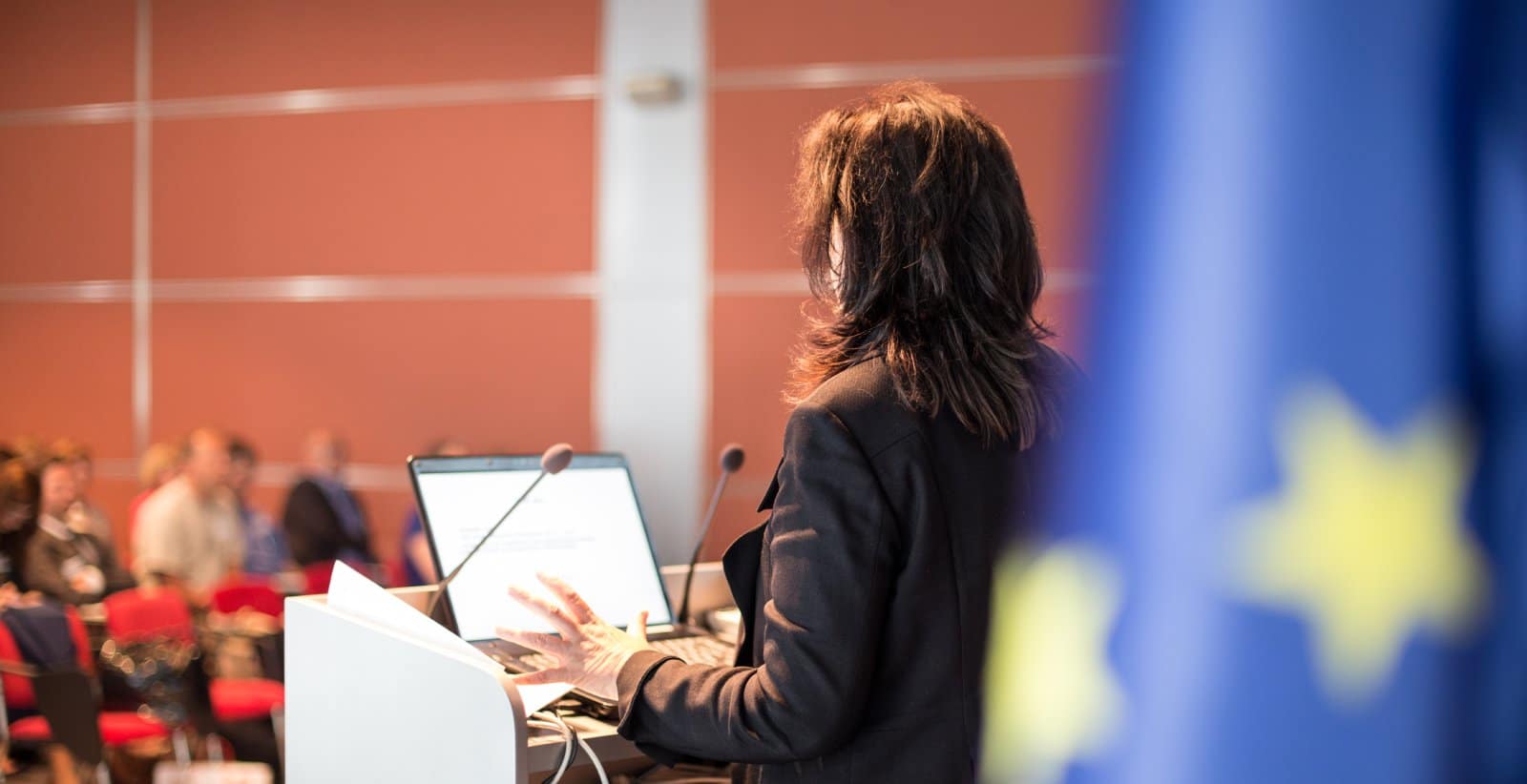
The survey highlights a consistent belief in the positive role of the European Union among Ukrainians, with 75% viewing the EU’s involvement as crucial for their country’s success in the war.
Importance of EU Support
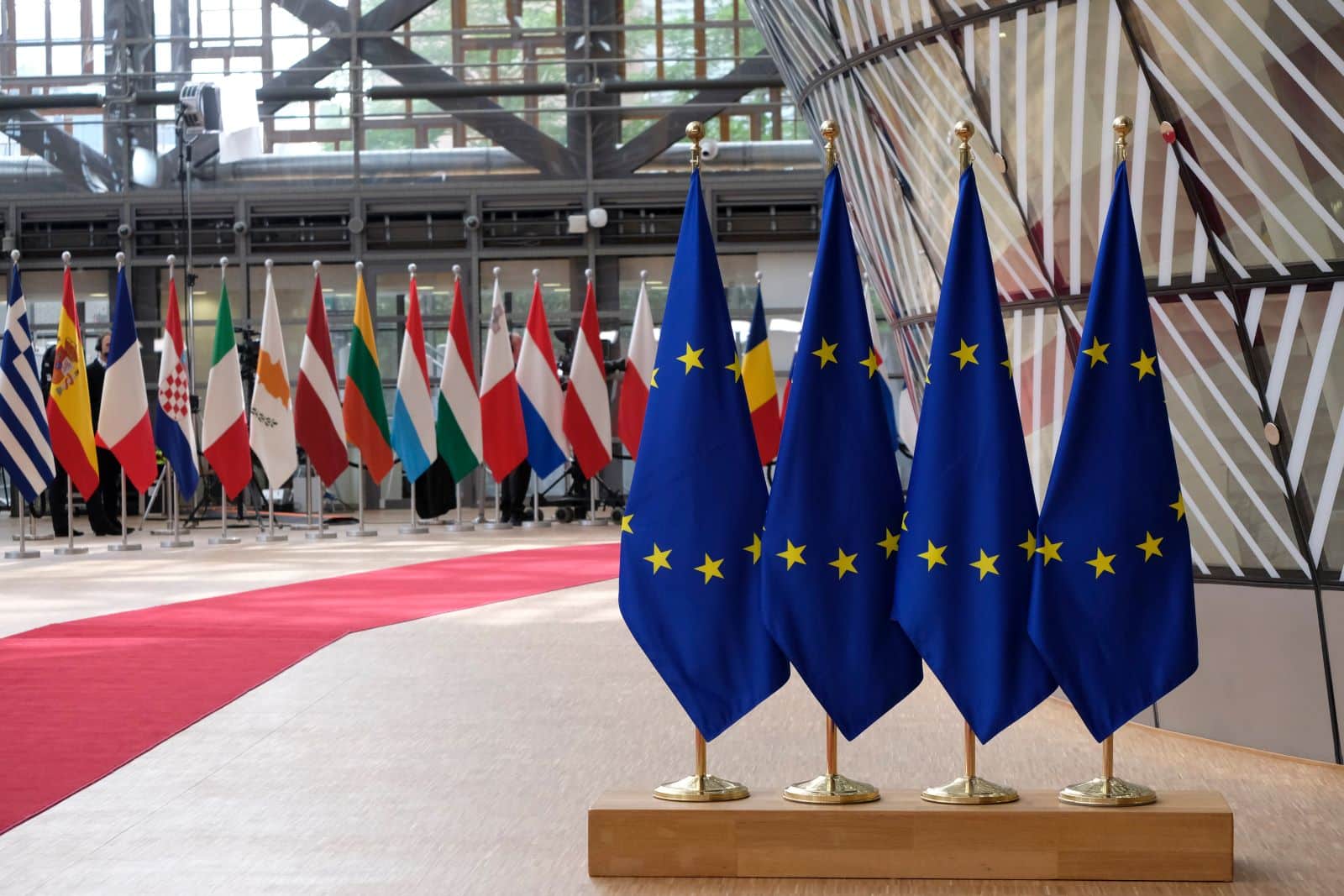
This sentiment underscores the importance of continued European support in terms of military aid and diplomatic and economic dimensions.
EU’s Commitment as a Beacon
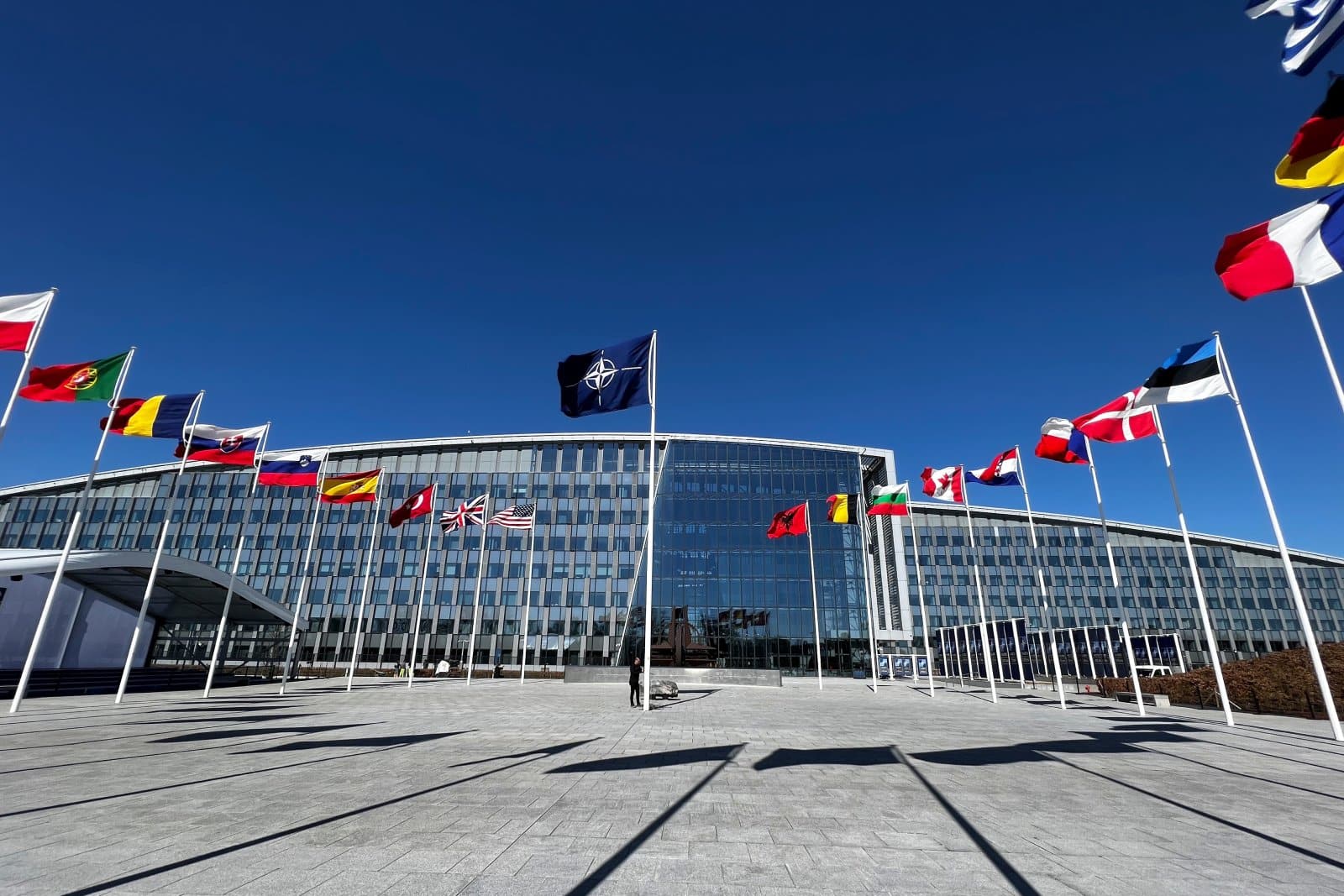
Despite internal disagreements, the EU’s commitment to Ukraine remains a beacon of hope for Ukrainians as Russia’s war against the embattled nation drags on.
Challenges for Western Leaders

Mark Leonard, a co-author of the survey and founding director of the ECFR, stated, “Our new polling suggests that one of the key challenges for Western leaders will be reconciling the conflicting positions between Europeans and Ukrainians on how the war will end.”
Profound Gulf in Views

He added, “While both groups recognize the need for continued military provision, to help Ukraine push back at Russian aggression, there is a profound gulf around what constitutes a victory – and what the purpose of Europe’s support actually is. While Europeans predominantly see a negotiated settlement as the most likely outcome, Ukrainians are not yet ready to countenance territorial trade-offs for NATO accession, nor engage with the idea of ‘Finlandization,’ in which they would keep their territory but forgo their EU and NATO ambitions.”
Russian Conditions for Peace
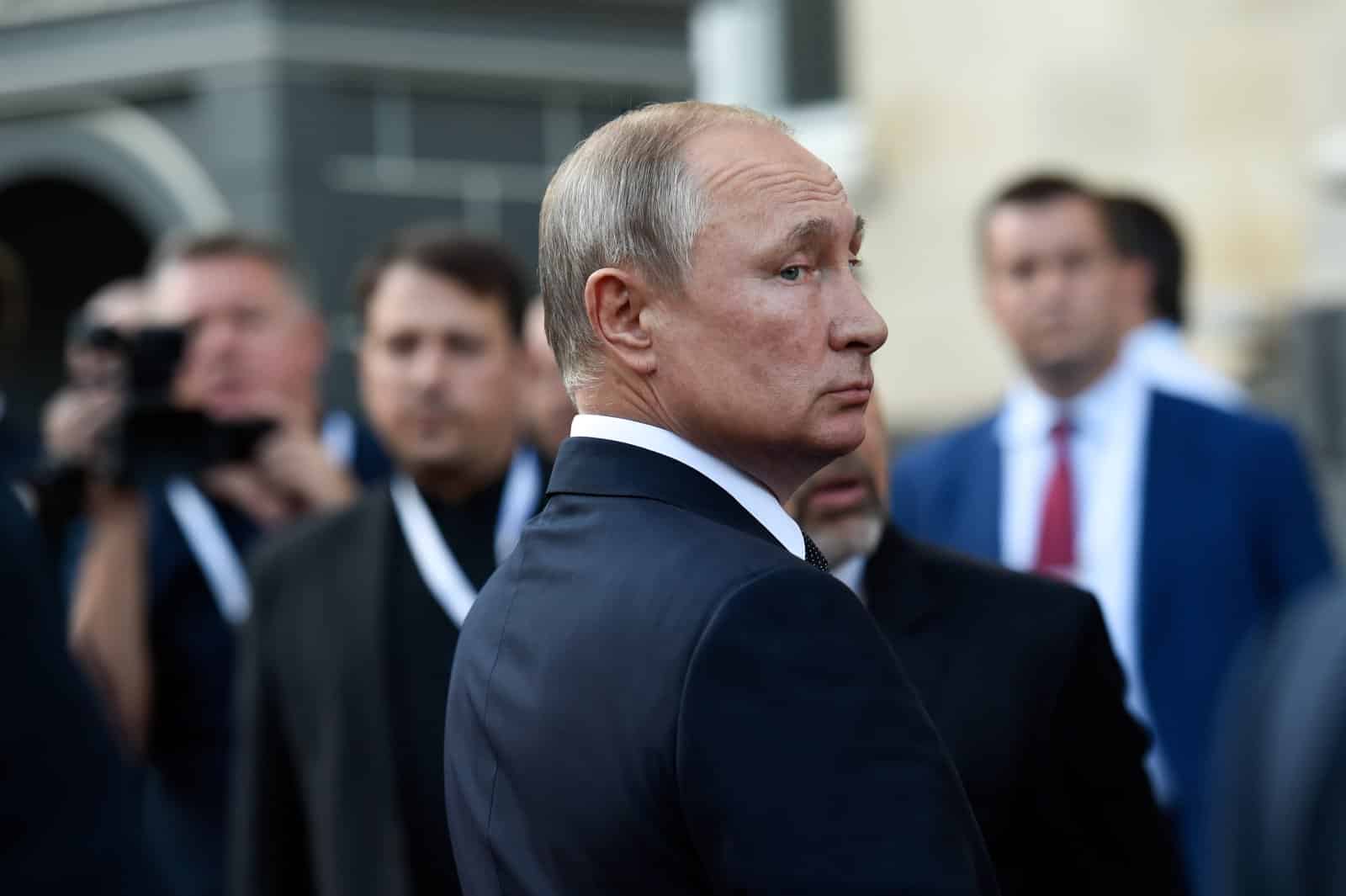
On the Russian side, President Vladimir Putin has reiterated his conditions for ceasing hostilities, which include Ukraine’s withdrawal from the four regions claimed by Russia and the recognition of Crimea and Sevastopol as part of the Russian Federation.
Kyiv’s Firm Rejection
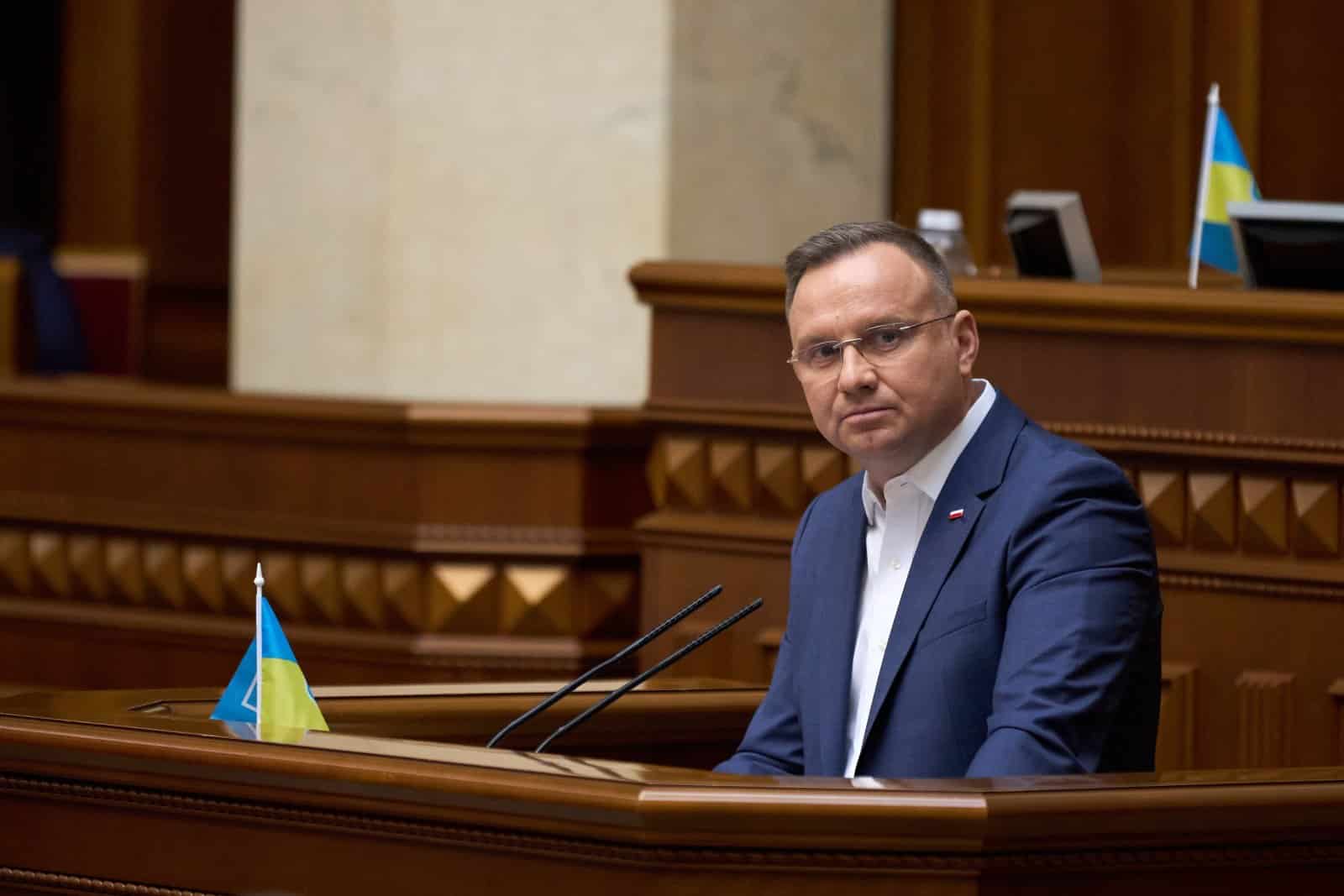
These demands have been firmly rejected by Kyiv, which insists on the complete withdrawal of Russian troops from all Ukrainian territories as a precondition for any peace talks. This impasse further complicates the prospects for a negotiated settlement, with both sides holding firm to their respective positions.
Agreement With Biden’s View
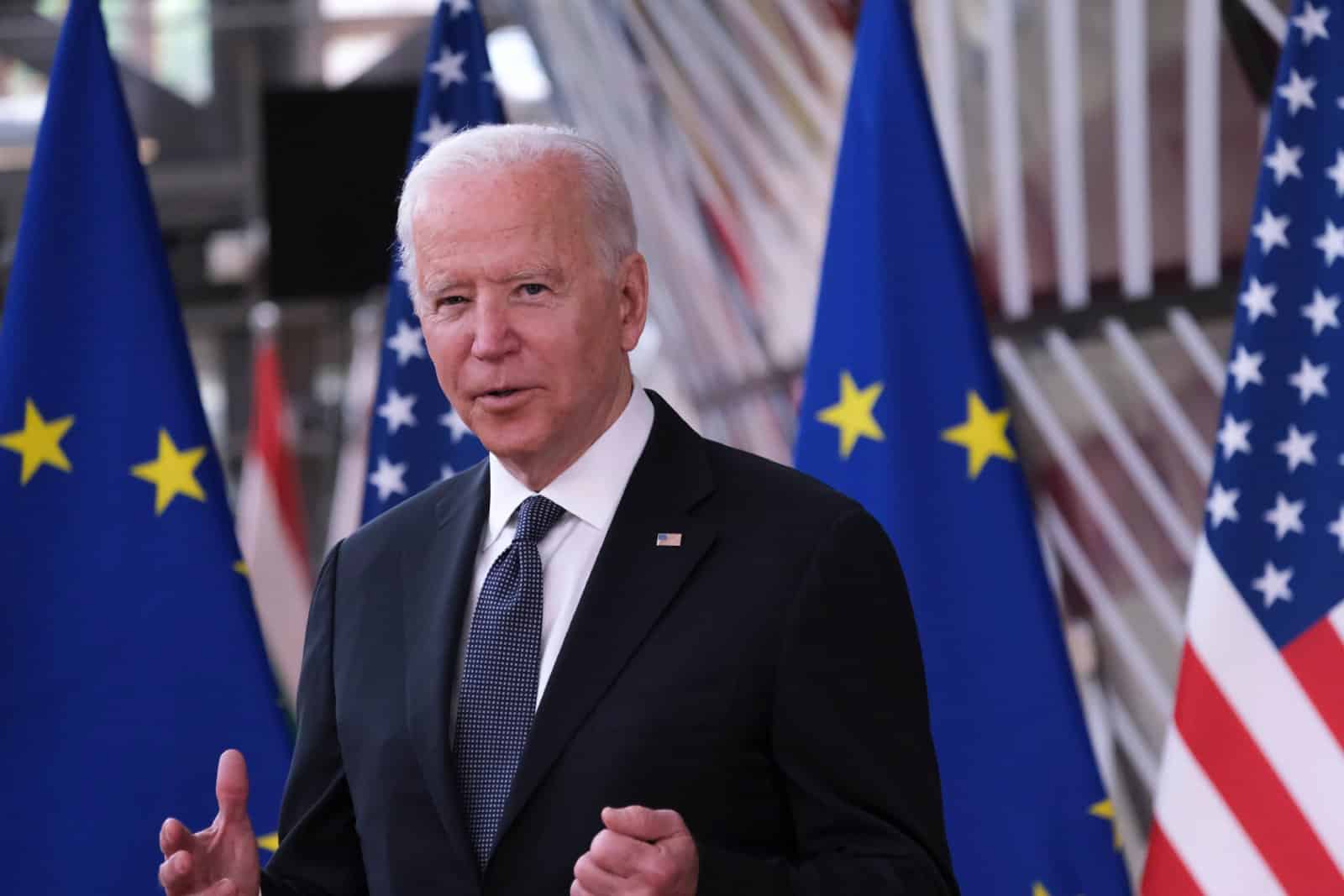
However, in this regard, European leaders still mostly agree with US President Joe Biden, who, as far back as 2015, argued that Vladimir Putin “cannot be allowed to redraw the map of Europe”.
Complexity of the Conflict
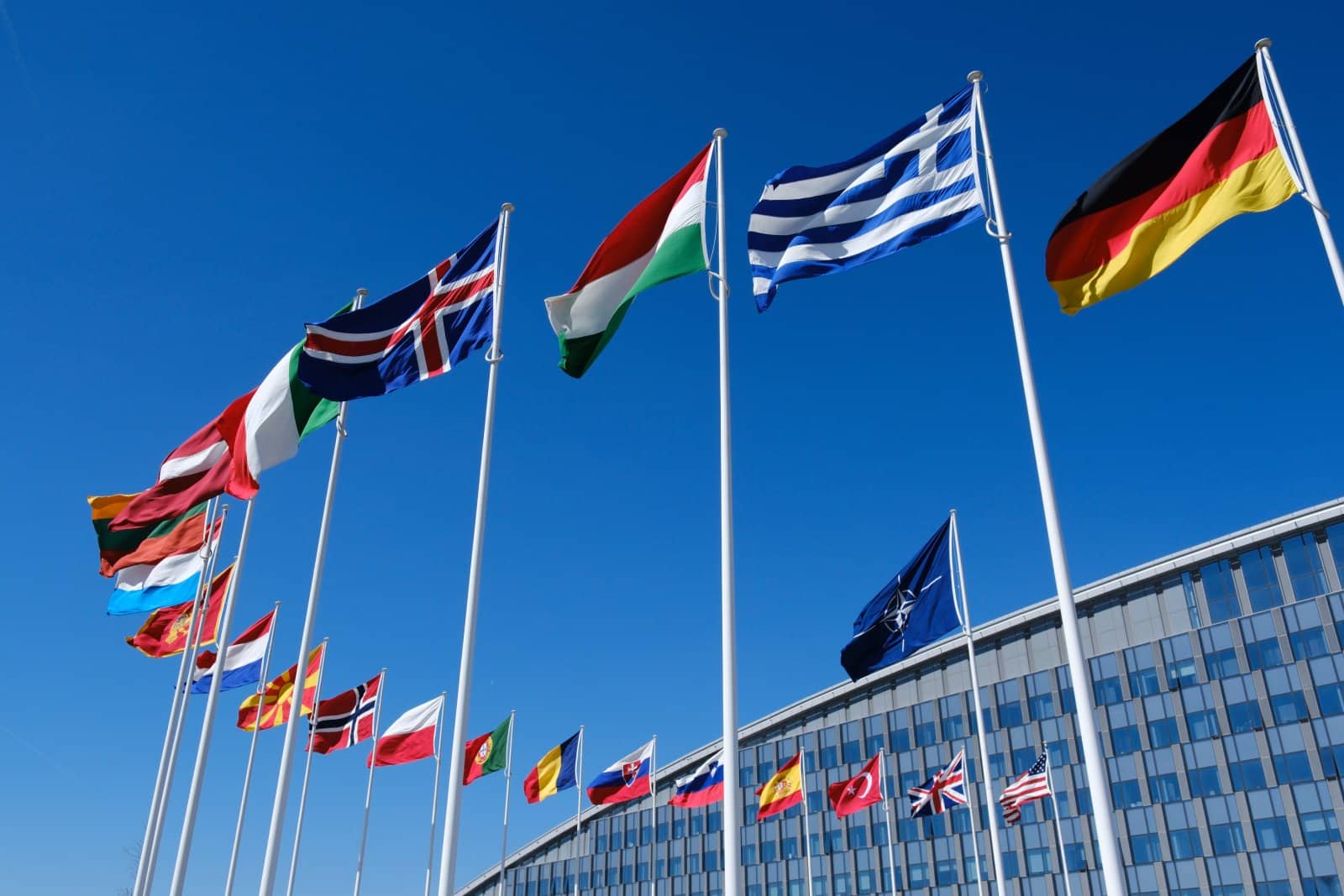
The ECFR poll underscores the complexity of the Ukraine-Russia conflict. On the seemingly intractable differing outcomes, the report states, “The findings are superficially reassuring. Support for the war has stayed steady in the European countries surveyed – and morale is strong in Ukraine.”
Profound Chasm Identified
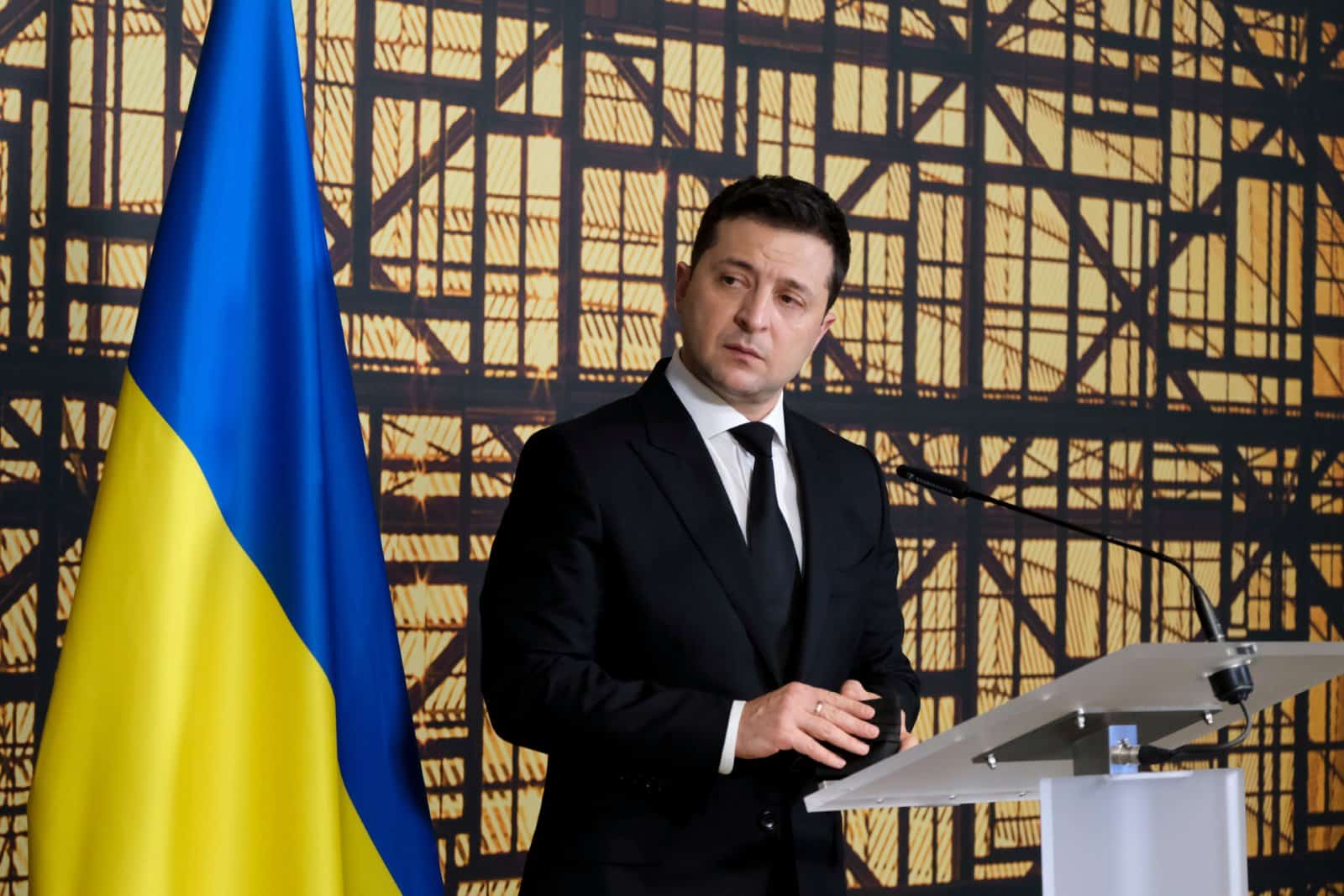
It continues, “Yet just below the surface, the poll identifies a profound chasm between European and Ukrainian opinion about how the war will end – and about the purpose of Europe’s support. In short, Ukrainians want weapons in order to win, while most Europeans send weapons hoping this will help lead to an acceptable eventual settlement.”
Snapshot of Public Opinion

The survey provides a critical snapshot of public opinion at a pivotal moment in the Ukraine-Russia war. As the conflict continues to evolve, it remains to be seen if the strong support for Ukraine will hold as Russia’s deadly war continues.
Featured Image Credit: Shutterstock / leksandr Osipov.

